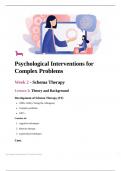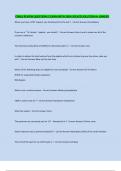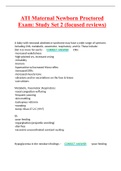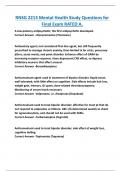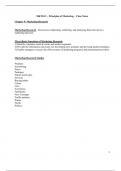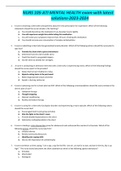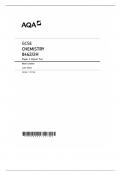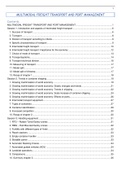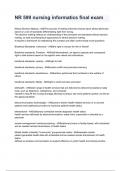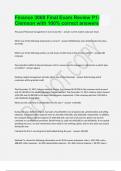Samenvatting
Psychological Interventions for Complex Problems Week 2 Summary
- Instelling
- Vrije Universiteit Amsterdam (VU)
Summaries of weekly lectures, typically covering two lectures per week, alongside the corresponding literature reviews. The notes include most of the slide material but also provide additional definitions and explanations for the studies referenced. The literature review component offers a concise ...
[Meer zien]
